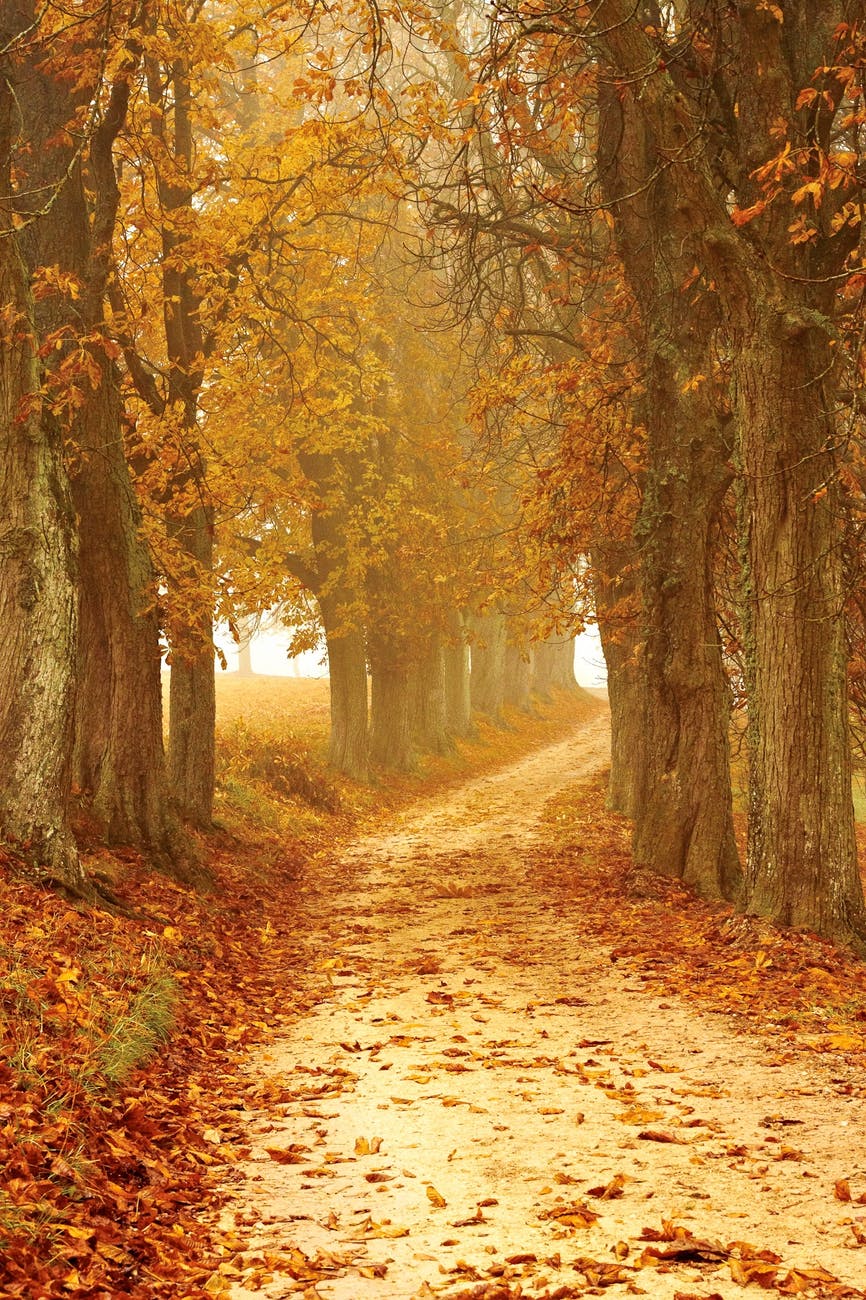

Check out the featured post and read more here: https://www.ibelieve.com/devotionals/ibelieve-truth-a-devotional-for-women/the-beauty-of-change.html
“There is a time for everything, and a season for every activity under the heavens:” (Ecclesiastes 3:1, NIV).
I’ve never liked change. Part of me blames my type-A personality, while the other half believes this is just the way I’m wired. We’re creatures of habit, and when we’re used to operating in one particular time and space, we don’t like to adapt to something different or new. It doesn’t mean that something new or different is bad; it just makes us grow uneasy. The deep pit in our stomachs grumbles, and instead of embracing newness with open arms, we quickly shut down.
When it comes to the change of the seasons, however, I’ve learned to appreciate their beauty for what it’s worth. While I wish that I lived somewhere 90 and sunny year-round, few things come close to the splendor of rolling mountains into hills, snowy-covered porches, and multi-colored leaves shedding their old life for the new. Though often unpredictable, the result is suddenly stunning. Spring buds bloom with chrysanthemums and orchids in abundance. Summer shines bright over the busy bees and cloudless days. Falls cooler nights welcome bonfires, burnt orange reflections in the wind. Winter, though dead and bare, prepares us for slower and darker seasons. Each is unique and beautiful. Nature gracefully embraces change. So why don’t we?
Ecclesiastes 3:1 reminds us that there is beauty in every season. The passage goes on to describe periods of birth and death, planting and uprooting, killing and healing, tearing down and building, weeping and laughing, mourning and dancing, and so forth. The verses don’t indicate that these periods are easy, but that there is simply a time for everything—even when we don’t understand its timing or purpose.
Today, I want to encourage you to embrace the beauty of change. If you’re anything like me, this is hard. Sign me up on the struggle bus, for sure. I would rather pull teeth and hair than have to go through another season of unfamiliarity and unexpectedness. And yet, this verse challenges me, just like the falling of the leaves on my tree outside my window. Because if I can see beauty in them, I know God can help me see the beauty in me.
What does this practically look like?